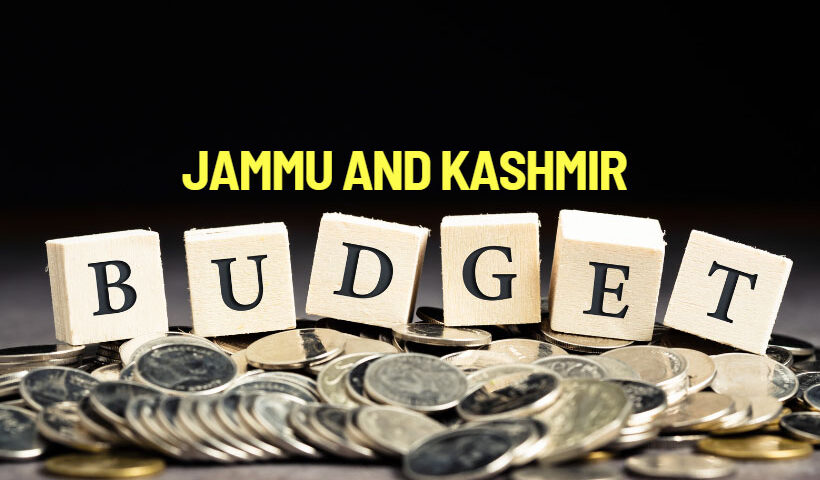Justice for Qari Mohammad Iqbal: Poonch Court Takes Bold Stand on Media Misinformation
Poonch, Jammu & Kashmir – In a precedent-setting development, a Poonch court has issued orders for the registration of a criminal FIR against several national news channels—most notably Zee News and News18—for falsely branding a cross-border shelling victim as a “Pakistani terrorist” during their coverage of Operation Sindoor 2.
The verdict, delivered by Sub-Judge Shafeeq Ahmed, is being widely hailed as a landmark judgment in the realm of media accountability—particularly in conflict-prone regions like Jammu and Kashmir, where unchecked reporting can have devastating consequences.
Who Was Qari Mohammad Iqbal? A Victim, Not a Villain
Qari Mohammad Iqbal, the man at the heart of this controversy, was a respected seminary teacher affiliated with Jamia Zia-ul-Uloom in Poonch. On May 7, 2024, he was tragically killed in a cross-border shelling incident initiated by Pakistan—a part of the intensifying hostilities in the region.
But instead of mourning his death, national television channels including Zee News and News18 aired unverified reports claiming that Iqbal was a “wanted Lashkar-e-Taiba operative” and falsely linked him to the 2019 Pulwama terror attack, a deeply painful national tragedy.
These claims, now proven false, were not only baseless but amplified without verification during prime-time news, causing irreparable harm to his grieving family and igniting local tensions.
From Defamation to Legal Action: What the Court Ordered
Recognizing the seriousness of defamation and communal incitement, the Poonch court has ordered registration of an FIR against the implicated media houses under multiple sections of the Indian Penal Code (IPC) and Information Technology (IT) Act, including:
-
Section 353(2) – Public Mischief
-
Section 356 – Defamation
-
Section 196(1) – Promoting enmity between groups
-
Section 66 of the IT Act – Misuse of digital platforms
The Sub-Judge’s ruling emphasized that:
“The freedom of press is a pillar of democracy, but it is not a license to defame, distort, or emotionally damage innocent civilians—especially during periods of heightened conflict and communal sensitivity.”
Impact on Family and Community: “They Killed Him Again—On TV”
Family members of Qari Iqbal, including his brother and teenage children, expressed anguish over the false media portrayal, describing it as a “second death.” The local seminary, where he taught for over 15 years, said their institution’s reputation was publicly tarnished, with some donors pulling support in the wake of the news.
Community leaders from both Shia and Sunni factions came together in Poonch to condemn the incident and demanded a formal apology and compensation from the media houses.
Retractions Too Little, Too Late?
Though both Zee News and News18 issued brief on-air apologies and digital retractions days after the false reports aired, the damage was already done.
The court noted in its ruling:
“A five-second apology cannot compensate for hours of televised slander, millions of impressions, and a lifetime of trauma endured by the deceased’s family.”
This incident has re-ignited debate over the lack of editorial accountability in Indian broadcast media and the failure of self-regulatory bodies like NBDSA to act decisively in such cases.
Operation Sindoor 2: Background and Fallout
The news coverage was tied to Operation Sindoor 2, a retaliatory Indian military campaign that reportedly targeted terror infrastructure across the Line of Control in response to the April 22 Pahalgam terror attack which killed 26.
The operation—though successful in neutralizing militant targets—created a volatile media landscape, with channels racing to ‘break’ exclusive scoops, often without vetting facts. It was in this frenzy that Qari Iqbal’s name was dragged into baseless narratives, apparently from unauthenticated WhatsApp forwards and speculation.
Legal Experts Weigh In: A Tipping Point for Media Ethics?
Legal experts and civil rights activists have welcomed the court’s decision as a long-overdue correction to an ecosystem where sensationalism often overrides responsibility.
“This judgment is more than symbolic. It could serve as a template for legal redress in dozens of similar cases where civilians have been wrongly branded,” said Advocate Wasim Raina, a media law specialist.
They argue that strict enforcement of defamation laws, along with a code of ethics for conflict reporting, is now non-negotiable.
What This Means for Media Houses
The case may now trigger a broader audit of newsroom practices, especially when covering sensitive zones like Kashmir, Manipur, or border districts.
The Broadcasting Content Complaints Council (BCCC) and NBDSA are also under pressure to:
-
Demand public corrections, not just footnote apologies
-
Ensure source verification policies before airing content
-
Sanction repeat offenders with financial penalties and license reviews
Healing and Accountability: What Comes Next?
Activists and social groups in Poonch have called for:
-
Formal, public apology by the news channels in national and regional languages
-
Compensation package for the family of Qari Mohammad Iqbal
-
Sensitization workshops for journalists reporting from conflict zones
-
Creation of a regional media accountability board
The family’s lawyer has confirmed they will be filing for civil damages in a separate case, citing “extreme emotional and reputational loss.”
Bottom-Line: Journalism Must Be a Tool for Truth, Not Trauma
This case is a wake-up call for Indian journalism at large. In a time when “breaking first” trumps “reporting right”, innocent lives and reputations are often caught in the crossfire.
Let Qari Mohammad Iqbal’s name be remembered not as a case of mistaken identity, but as a turning point—where integrity prevailed over sensationalism, and a small court in Poonch stood up for truth, dignity, and accountability.




